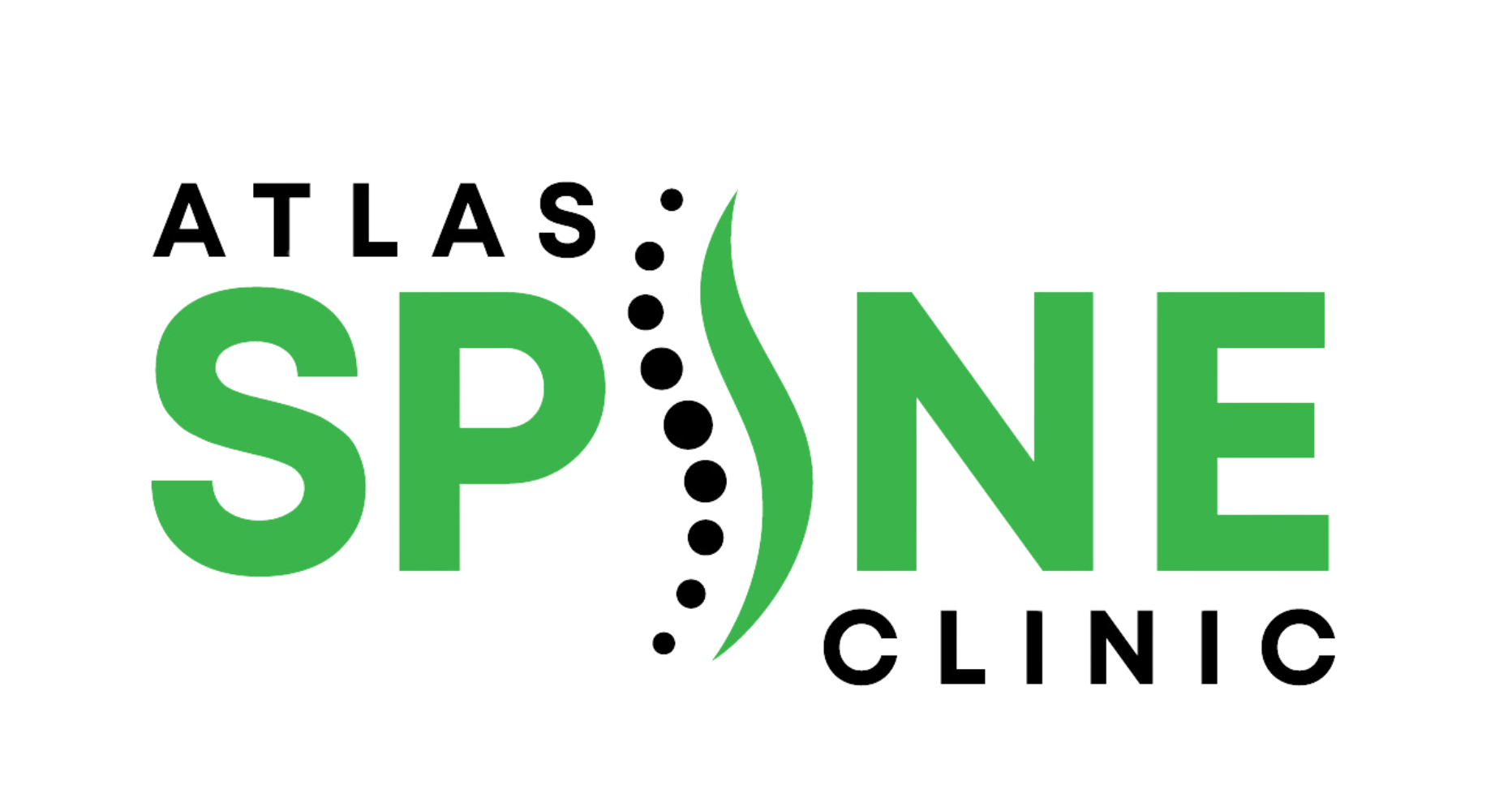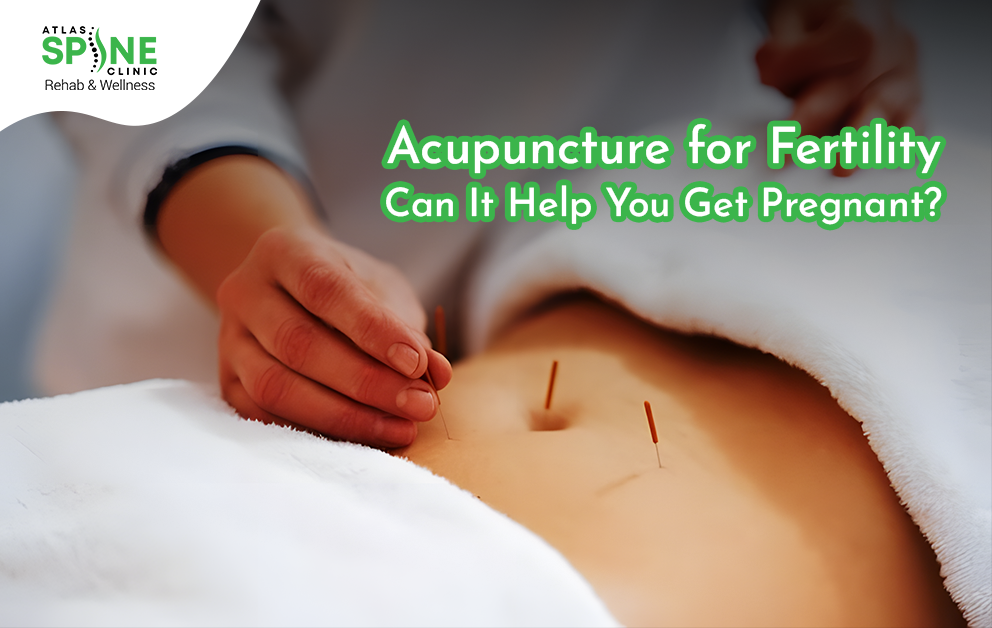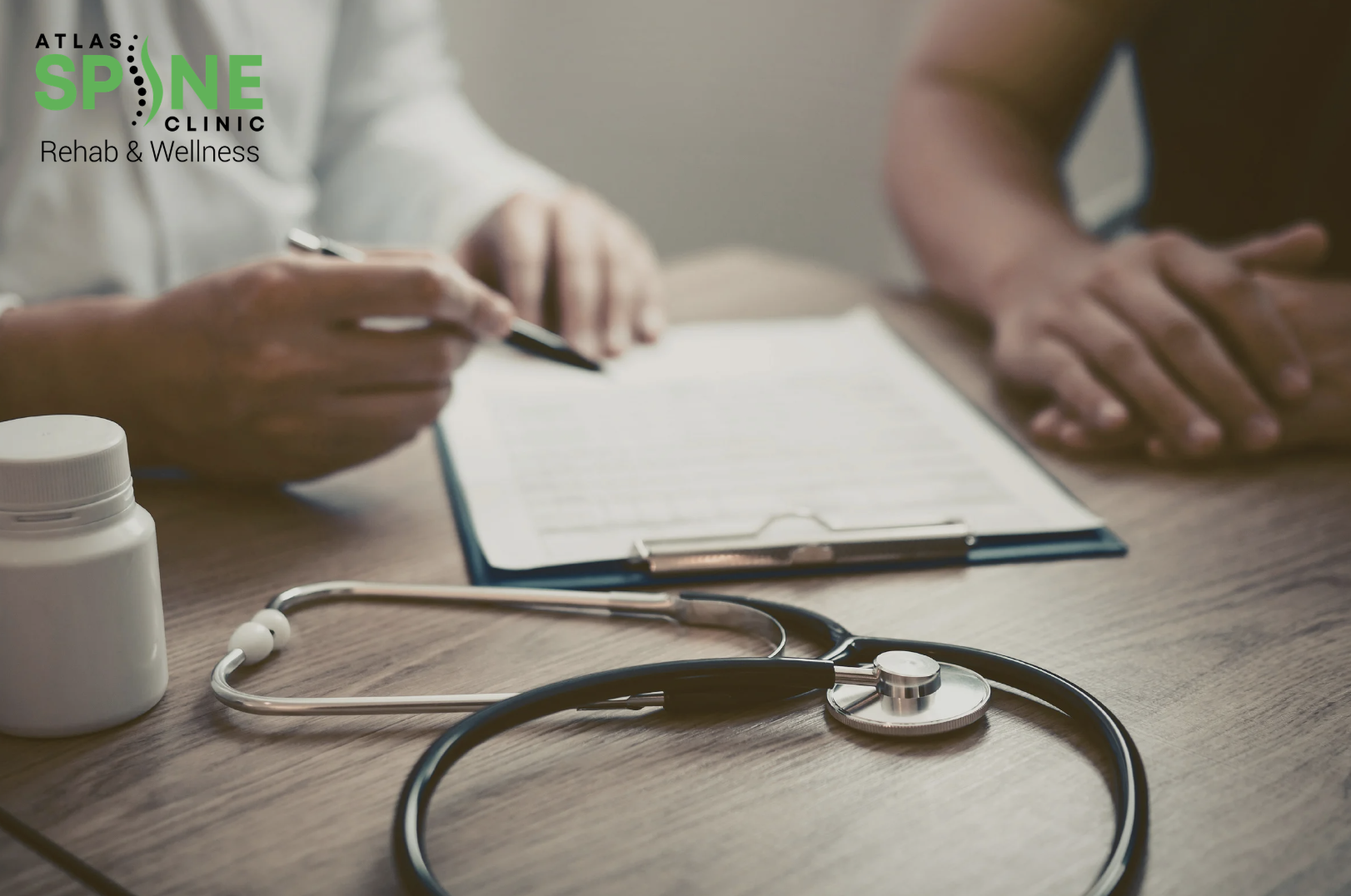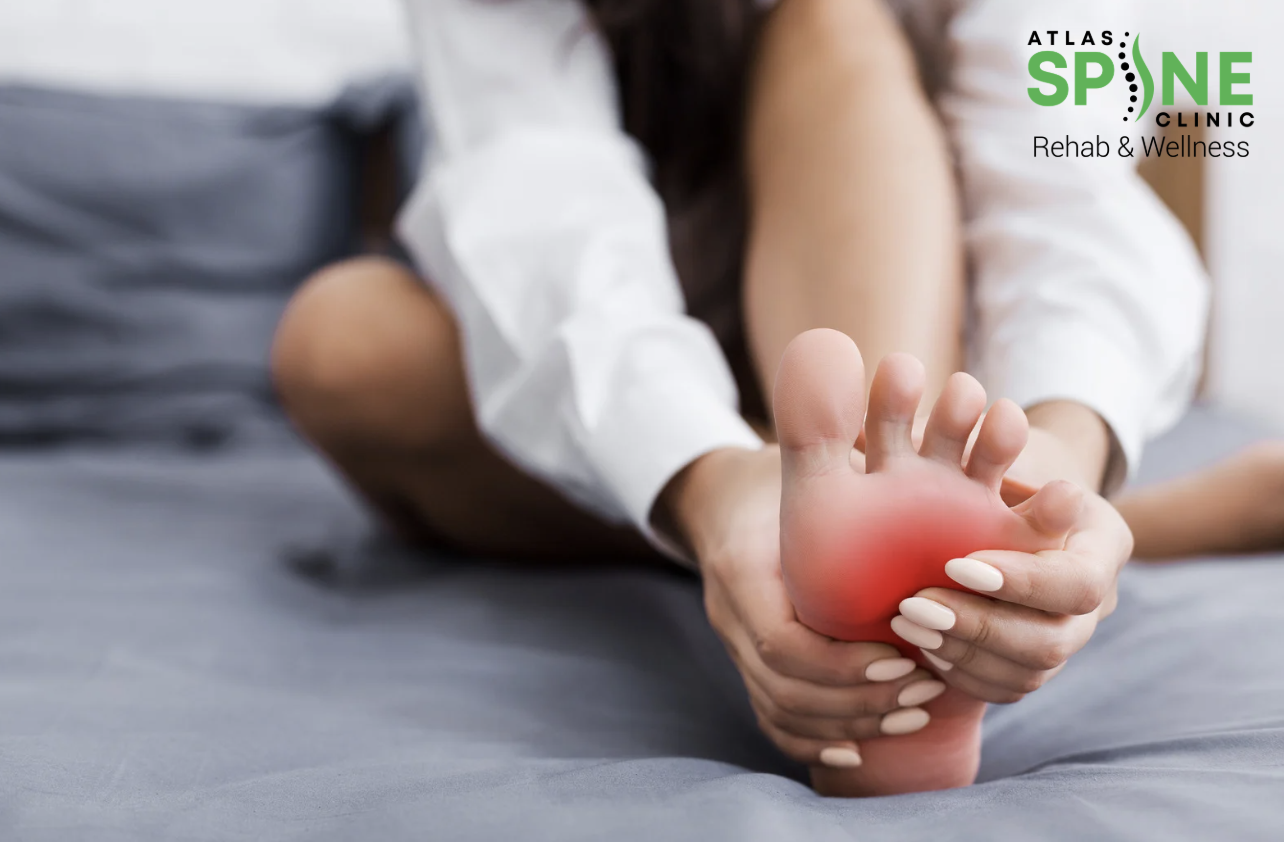Acupuncture has been used for centuries to promote health and balance in the body. Today, many couples struggling with fertility are turning to this natural approach for support. With claims of improving blood flow, reducing stress, and balancing hormones, acupuncture offers hope to those on their journey to parenthood. But how effective is it? Let’s explore how acupuncture may help with fertility and what you need to know before giving it a try.
What Is Fertility Acupuncture?
Fertility acupuncture is a type of acupuncture focused on helping people improve their chances of getting pregnant. It involves placing very thin needles at specific points on the body to improve blood flow, balance hormones, and reduce stress—all of which are important for fertility.
For example, if someone has irregular menstrual cycles, acupuncture might help regulate their cycle by improving hormone balance. Similarly, for couples undergoing treatments like IVF, acupuncture can be used to boost blood flow to the uterus, making it more receptive to implantation.
This natural approach is often used to address issues like PCOS, hormonal imbalances, or even low sperm quality in men. By promoting overall balance in the body, fertility acupuncture aims to create the best possible environment for conception.
Types of Acupuncture for Fertility
Several types of acupuncture are used to support fertility, each with its own unique approach to promoting reproductive health. Here’s a look at the most common ones:
1. Traditional Chinese Medicine (TCM) Acupuncture
TCM acupuncture is the classic form of acupuncture, deeply rooted in ancient Chinese medicine. It is based on balancing the body’s energy, or “qi,” by stimulating specific points along pathways called meridians.
In TCM acupuncture for fertility, the practitioner inserts fine needles at specific points believed to influence reproductive organs and hormonal balance. For example, points in the lower abdomen can improve blood flow to the uterus and ovaries, while others help reduce stress and regulate the endocrine system.
Benefits:
- Improves blood flow to the reproductive organs.
- Regulates menstrual cycles and hormone levels.
- Reduces stress and anxiety, which can impact fertility.
- Addresses conditions like polycystic ovary syndrome (PCOS) or endometriosis.
Electroacupuncture
Electroacupuncture is a modern variation of traditional acupuncture. It involves attaching small clips to the needles, which deliver a gentle electrical current to enhance stimulation.
The electrical current provides a steady and stronger stimulation to targeted points. This method is particularly effective for improving blood circulation in the uterus and ovaries and stimulating the nervous system to release natural painkillers and hormones.
Benefits:
- Boosts blood flow to the reproductive organs, enhancing the uterine lining for implantation.
- Improves egg quality and ovarian function.
- Supports IVF by preparing the uterus for embryo transfer and reducing side effects of medication.
3. Cosmetic Acupuncture
While cosmetic acupuncture is commonly used for improving skin health and reducing wrinkles, it can also provide indirect fertility acupuncture benefits by promoting overall wellness.
This type of acupuncture focuses on stimulating points that improve circulation and relaxation. By reducing physical and emotional stress and enhancing overall health, cosmetic acupuncture supports the body’s ability to conceive.
Benefits:
- Enhances overall blood flow and circulation.
- Reduces stress and promotes relaxation, which can benefit fertility.
- Improves sleep and energy levels, creating a healthier environment for conception.
What Are the Best Acupuncture for Fertility Points?
Acupuncture involves targeting specific points on the body to stimulate energy flow, improve blood circulation, and support reproductive health. For fertility, these points are carefully chosen to enhance the function of the reproductive organs, balance hormones, and reduce stress. Here are some of the most commonly used acupuncture points for fertility:
1. Zigong (Uterus Point)
Lower abdomen, about three inches below the navel and one inch lateral to the midline. This point is directly associated with the uterus and ovaries. Stimulating it can improve blood flow to the reproductive organs and support the uterine lining, making it more receptive for implantation.
2. Ren 4 (Gate of Origin)
On the lower abdomen, about two inches below the navel. Ren 4 is a vital point for nourishing reproductive organs and improving overall fertility. It is often used to regulate menstrual cycles, boost energy, and support hormonal balance.
3. SP6 (Sanyinjiao or Three Yin Intersection)
On the inner lower leg, about three finger-widths above the ankle bone. This point influences the spleen, liver, and kidney channels, which are closely tied to reproductive health in Traditional Chinese Medicine. It regulates menstruation, reduces pelvic pain, and improves ovarian function.
4. ST36 (Zusanli or Leg Three Miles)
On the front of the lower leg, about four finger-widths below the kneecap and slightly to the outside of the shinbone. This point helps improve digestion, increase energy, and support overall well-being. For fertility, it strengthens the body and supports healthy blood flow to the reproductive organs.
5. LV3 (Taichong or Great Rushing)
On the top of the foot, in the webbing between the big toe and the second toe. This point is connected to the liver, which is responsible for regulating the smooth flow of qi and blood. It helps relieve stress, balance hormones, and improve blood flow to the uterus and ovaries.
6. DU20 (Baihui or Hundred Meetings)
At the top of the head, in the center of the scalp.DU20 is a calming point that reduces stress and anxiety, which can interfere with conception. It is often used to promote relaxation and mental clarity during the fertility journey.
7. Kidney Points (KD3 and KD6)
- KD3 is located just above the heel, on the inside of the ankle.
- KD6 is located below the ankle bone, on the inside of the foot.
These points are connected to the kidney meridian, which plays a crucial role in reproductive health according to TCM. They are often used to boost fertility, improve egg quality, and regulate hormones.
Can Acupuncture Help You Get Pregnant?
Acupuncture is often used as a complementary therapy for individuals trying to conceive, and while its effectiveness may vary, it has shown promising benefits for many. Here’s how it works and how it helps:
1. Improves Blood Flow to Reproductive Organs
Acupuncture increases blood flow to the uterus and ovaries, creating a healthier environment for conception. This can help improve the uterine lining, making it more receptive to implantation, especially during IVF.
2. Balances Hormones
By targeting specific points, acupuncture can regulate hormones and support regular ovulation. This is especially beneficial for conditions like PCOS, where hormone imbalance affects fertility.
3. Reduces Stress and Anxiety
Stress can interfere with fertility by disrupting hormone levels. Acupuncture helps by releasing endorphins, calming the nervous system, and creating a relaxed, supportive environment for conception.
4. Supports Fertility Treatments
Acupuncture can boost the effectiveness of treatments like IVF or IUI by improving blood flow to the uterus, reducing medication side effects, and increasing the chances of successful implantation.
5. Addresses Fertility Challenges
For women, acupuncture can help with issues like irregular cycles, endometriosis, or poor egg quality. For men, it can improve sperm quality and motility by reducing stress and promoting better blood flow.
6. Improves Overall Well-Being
Acupuncture promotes better sleep, reduces physical tension, and boosts energy levels, all of which support a healthy reproductive system.
While it’s not a guaranteed solution, acupuncture can complement your efforts to conceive by addressing both physical and emotional challenges. A qualified acupuncturist can guide you through a tailored plan to meet your specific fertility needs.
When should You Start Fertility Acupuncture?
The best time to start fertility acupuncture depends on your individual needs and whether you’re trying to conceive naturally or undergoing fertility treatments like IVF. However, starting early can help your body prepare for pregnancy more effectively.
1. At Least 3–6 Months Before Trying to Conceive
Acupuncture works best when given time to regulate hormones, improve blood flow, and enhance overall reproductive health. Many experts recommend starting at least three to six months before trying to conceive to allow the body to respond to treatment.
2. During Your Menstrual Cycle
If you’re struggling with irregular cycles or hormonal imbalances, starting acupuncture at different phases of your cycle can be beneficial:
- Menstrual Phase (Days 1–5): Helps with blood flow and clearing stagnant energy.
- Follicular Phase (Days 6–14): Supports egg development and hormone balance.
- Ovulation Phase (Days 14–16): Encourages a healthy ovulation process.
- Luteal Phase (Days 17–28): Supports implantation and uterine lining health.
3. Before and During IVF or IUI
For those undergoing fertility treatments like IVF or IUI, acupuncture can start 6–8 weeks before the procedure to prepare the body. It can also be continued throughout the cycle to:
- Improve ovarian response to medications.
- Increase blood flow to the uterus for better implantation.
- Reduce stress and side effects from hormone treatments.
4. During Pregnancy Preparation for Older Women
For women over 35, fertility acupuncture can be especially beneficial in improving egg quality and ovarian function. Since egg health takes about 90 days to improve, starting acupuncture early can help optimize fertility before conception.
5. For Men’s Fertility Support
Acupuncture can also benefit men by improving sperm quality, motility, and overall reproductive health. Since sperm regeneration takes about 72–90 days, starting at least three months before conception is recommended.
Wrapping Up
Acupuncture can be a natural way to support fertility by improving blood flow, balancing hormones, and reducing stress. Whether you’re trying to conceive naturally or undergoing treatments like IVF, it may help create a better environment for pregnancy.
Starting acupuncture 3–6 months before conception allows time for the body to respond, especially for those with conditions like PCOS or endometriosis. While not a guaranteed solution, many have found it beneficial.
At Atlas Spine Clinic, fertility acupuncture is used as a supportive therapy to promote reproductive health. Consulting a qualified acupuncturist can help determine if it’s the right approach for you.






